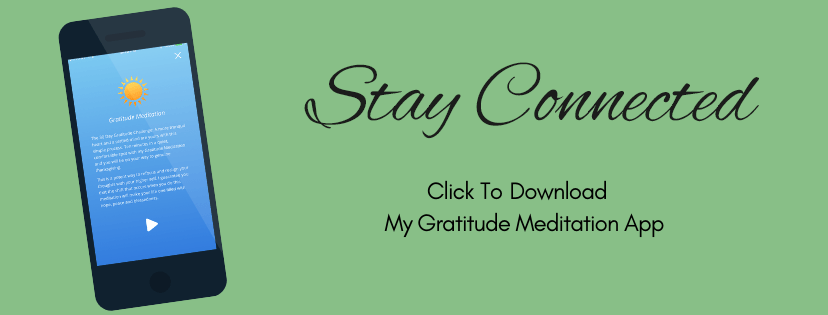“The concept of ‘stress’ has become such an ingrained part of our vocabulary and daily lives that it’s hard to believe the current use of the term originated only a little more than 50 years ago, when it was coined by Hungarian endocrinologist Dr. Hans Selye.” American Institute of Stress Website.
The Oxford English Dictionary, my beloved OED, defines stress as: “1) A state of mental or emotional strain or tension resulting from adverse or demanding circumstances; 2) Something that causes a state of strain or tension.”
We’ve all experienced stress. For some of us, it’s a feeling of unrelenting fatigue; the number one cited physical manifestation. My personal tilt light goes off when I am stressed and I simply want to cry, and do so often when I am stressed. I could write about stress until George has long gone to Doggy Heaven and still not cover all there is to say about this subject.
Stress Factor as we Age
For today, I want to talk about one facet of stress that particularly affects us as we age, and one felt more by older people than the young’uns.
It is our perception of control: how much control we have (or, we think we have) over all aspects our lives. Our judgement of how much control we have directly affects the amount of adrenaline and cortisol (the stress hormones) our adrenal glands release into our bloodstream.
Think about this for a moment: What is one thing you might experience in your daily life that makes your blood boil?
Unless you are one of the lucky ones who doesn’t feel stress, daily hot pots of stress include things not going as we planned them, or as we hoped they would go, and so we feel out of control. The core feeling here is fear, feeling fearful that our vision of how things “should,” “need to,” “ought to be,” or “must be” is being disrupted or set aside, and so we decide (consciously or unconsciously) that we can’t be happy.
Stress Increases Inflammation
Over time, research shows that this constant strain from judging life based on our desires bombards our system with cell-killing excess glucocorticoids (cortisol being the key player).
This bombardment results in life-shortening inflammation. At mid-life we lose a lot of our protective armor, the level of hormones that keeps our bodies mostly in balance, and swaths our organs against mass destruction. The choices we make at mid-life and beyond now become the difference between aging vibrantly, and well, rocking on the porch, a walker close by, and easy Monday crosswords the most complex tasks our minds can handle.
The Power to Choose
But, as always, we have the power to re-choose—to reboot our worldview, alter our expectations, and lower our stress level through reframing our lives not in terms of where we have no control, but where we have control. Dr. Robert Sapolsky, whom I mentioned previously, is the author of one of the seminal works on stress. It’s also one of my favorite book titles, Why Zebras Don’t Get Ulcers. Dr. Sapolsky sees several ways for us to lower our stress level in the face of things we can’t control.
My shelves are filling fast with studies demonstrating the stress-lowering effects of positive social interaction, a situation over which we have great control. We can decide to call a girlfriend and go for a walk (a double plus!) or to dinner if we have had a stressful day, and for sure, our stress levels will drop.
The same with joining a regularly scheduled potholder-making group, should that be our particular interest. By filling as much free time as we can with uplifting, fun people—no grumps, bullies, or psychological competitors allowed—we fill up our hearts as well. Our spirits fly, and we feel better about those things that aren’t going perfectly.
Ahhh…something else to add our gratitude journals! 😉
Until next time… Be Vibrant!
Subscribe to Receive
Vibrant Aging™ Tips
Delivered Right to Your Inbox
&
Vibrant Aging™ Coach
